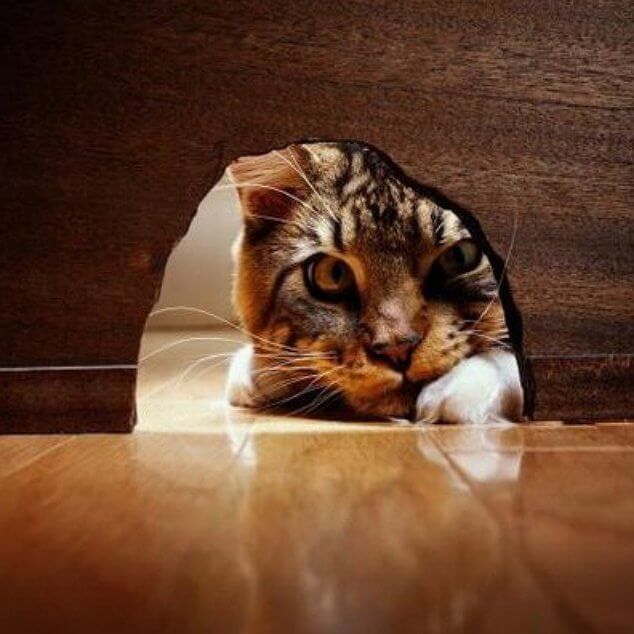As we age, we get used to and become familiar with the reality around us and with ourselves. Past experiences shape our world view and teach us lessons we receive in most of our lives.
We make assumptions based on these experiences and lessons, sometimes indiscriminately. When faced with an unknown situation or problem, our mind perceives a place of confusion or conflict as an openness.
- To solve this gap.
- Our mind naturally tends to fill the blanks with information obtained from the things we know (experiences).
- This is.
- For example.
- A very common way to create false details in memories that were essentially true.
“Does old age begin when curiosity is lost?
? José Saramago?
We make assumptions about other people’s behavior or the future with incredible ease. As we said earlier, we need it to eliminate uncertainty, which can become a really uncomfortable feeling.
The problem that these assumptions pose to creativity arises when they are based on very simple thoughts that break a weak basis, what I mean by that is that the assumptions, in themselves, are not bad, but they become when in their creation curiosity is not used. .
It is this kind of curiosity, for example, that drives science. All scientific fields are based on curiosity, finding answers to problems resulting from reality or simply the mental game of knowledge curiosity.
Thus, curiosity stimulates our creative mechanisms, imposing a challenge on them and, at the same time, stimulates our cognitive system to work towards an answer, as we are children, that we have the wonderful audacity to ask.
The person who has ceased to be curious has also lost the wonderful capacity to be surprised.
The relationship between creativity and curiosity is symbiotic and necessary: without one you can’t have the other, it would be like eating without hunger, drinking without thirst or kissing without love.
Young children under the age of 6 are at a stage in their lives where everything becomes a question. This is common because your mind is like a blank slate; they don’t have previous experiences they can take on, they have a gift they need to live, and they want to know more.
Children ask a lot of questions and learn fast because they’re curious. Curiosity is what keeps them interested and eager to learn more.
Creativity requires an open mind, someone who does not settle for experiments, theories and recycled assumptions. The advances and innovations throughout our history have been born from the questioning of what we have created at some point and the questioning of the knowledge we have inherited, and which our environment takes for granted and sure, sometimes, erroneously.
For example: painters experiment with colors and techniques that break the boundaries of the already known, thanks to the curiosity that makes their art powerful.
New and creative ideas are possible because someone was curious to experiment and ask questions. The beauty of this is that when we’re curious, we’re also less afraid.
We are learning new information that intrigues us, so we want to know more; without a physiological need to be met, regardless of fear of failure, rejection or the unknown or what is known to be disputed, or it was a mistake from the beginning.
Curiosity is a thirst for satiating, an impulse to be satisfied, often regardless of price.

